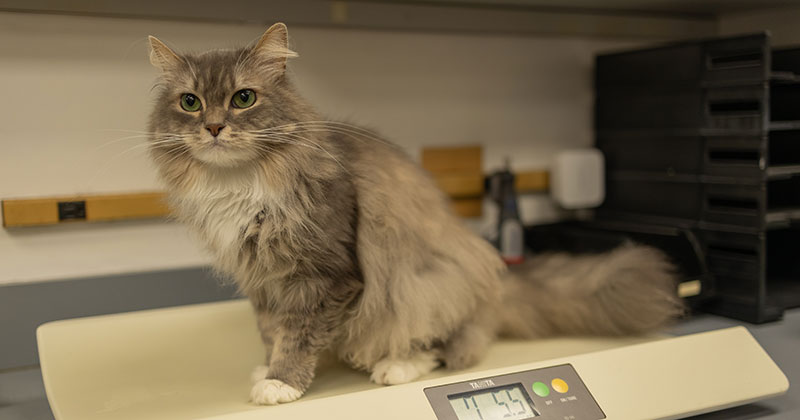
Endocrinology in pets focuses on the study of hormones and the endocrine system. Hormones play a crucial role in regulating various bodily functions, including metabolism, growth, reproduction, and the stress response. In pets, endocrine disorders can significantly impact their overall health and well-being, which makes early detection and treatment vital.
The primary endocrine glands in pets include the thyroid, adrenal glands, pancreas, and reproductive organs. When these glands malfunction, they can lead to conditions that require veterinary attention, such as diabetes, hypothyroidism, and Cushing’s disease.
Diagnosing endocrine disorders in pets typically requires a combination of clinical signs, blood tests, and sometimes advanced imaging. Some common diagnostic methods include:
Once an endocrine disorder is diagnosed in a pet, treatment is essential to restore hormonal balance. Depending on the condition, treatment may involve:
Regular veterinary check-ups, especially for senior pets, can help detect early signs of endocrine disorders. Monitoring your pet’s behavior and physical condition is also important, as subtle changes such as weight gain, hair loss, or increased thirst can indicate an underlying issue. With proper diagnosis and management, pets with endocrine disorders can live healthy, happy lives.
If you suspect your pet may have an endocrine issue, contact us for a thorough evaluation and appropriate treatment plan.
If you’d like to contact us, call us at (770) 526-9678 or request an appointment online.
Follow us on social media:




